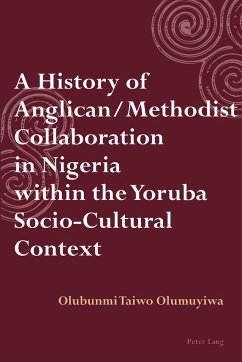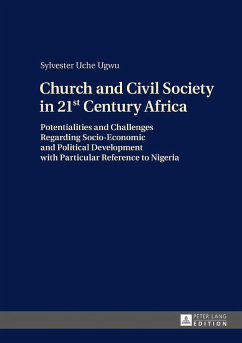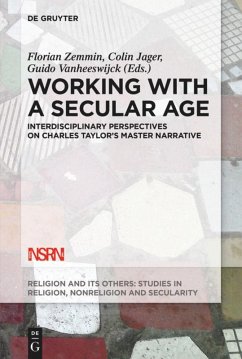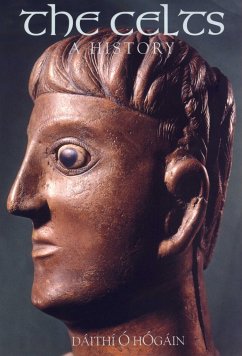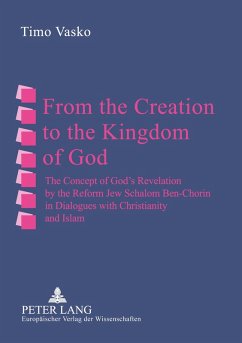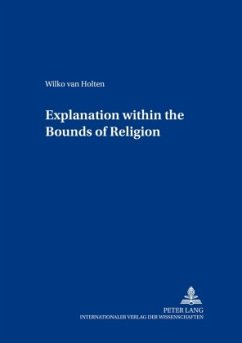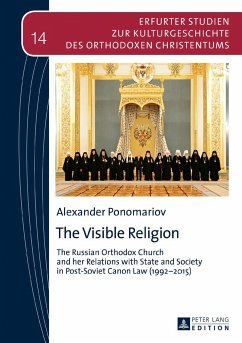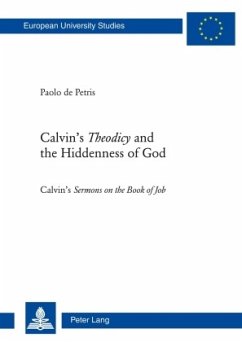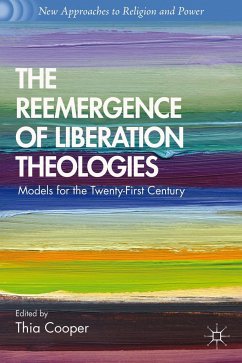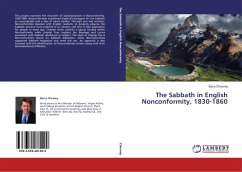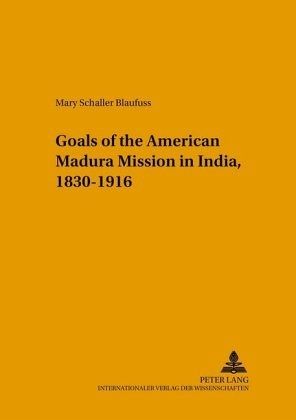
Changing Goals of the American Madura Mission in India, 1830-1916
Versandkostenfrei!
Versandfertig in 6-10 Tagen
58,95 €
inkl. MwSt.

PAYBACK Punkte
0 °P sammeln!
Mission theory, including motivations, goals, and theology, has always been part of mission activities, but most written history of the Modern Missionary Movement, especially from North America, has neglected its clear articulation. This book addresses that dearth by examining mission goals in the American Madura Mission of the American Board of Commissioners for Foreign Missions between the years 1830 and 1916, noting a change in emphasis from church-centered to society-centered goals during this period. Goals of the AMM in India received shape through the interaction of ABCFM Foreign Corresp...
Mission theory, including motivations, goals, and theology, has always been part of mission activities, but most written history of the Modern Missionary Movement, especially from North America, has neglected its clear articulation. This book addresses that dearth by examining mission goals in the American Madura Mission of the American Board of Commissioners for Foreign Missions between the years 1830 and 1916, noting a change in emphasis from church-centered to society-centered goals during this period. Goals of the AMM in India received shape through the interaction of ABCFM Foreign Corresponding Secretaries, articulating official goals of the Boston Board, with specific missionaries of the AMM, relating their success stories and articulating hopes for their work through letters and journals. Highlighting the work of AMM missionaries, William Tracy, William Capron, Frank Van Allen and Eva Swift, and their interaction with Board Secretaries Rufus Anderson, Nathaniel Clark and James Barton, demonstrates the dynamic process through which goals were forged in the AMM and in ABCFM work in other parts of the world.



